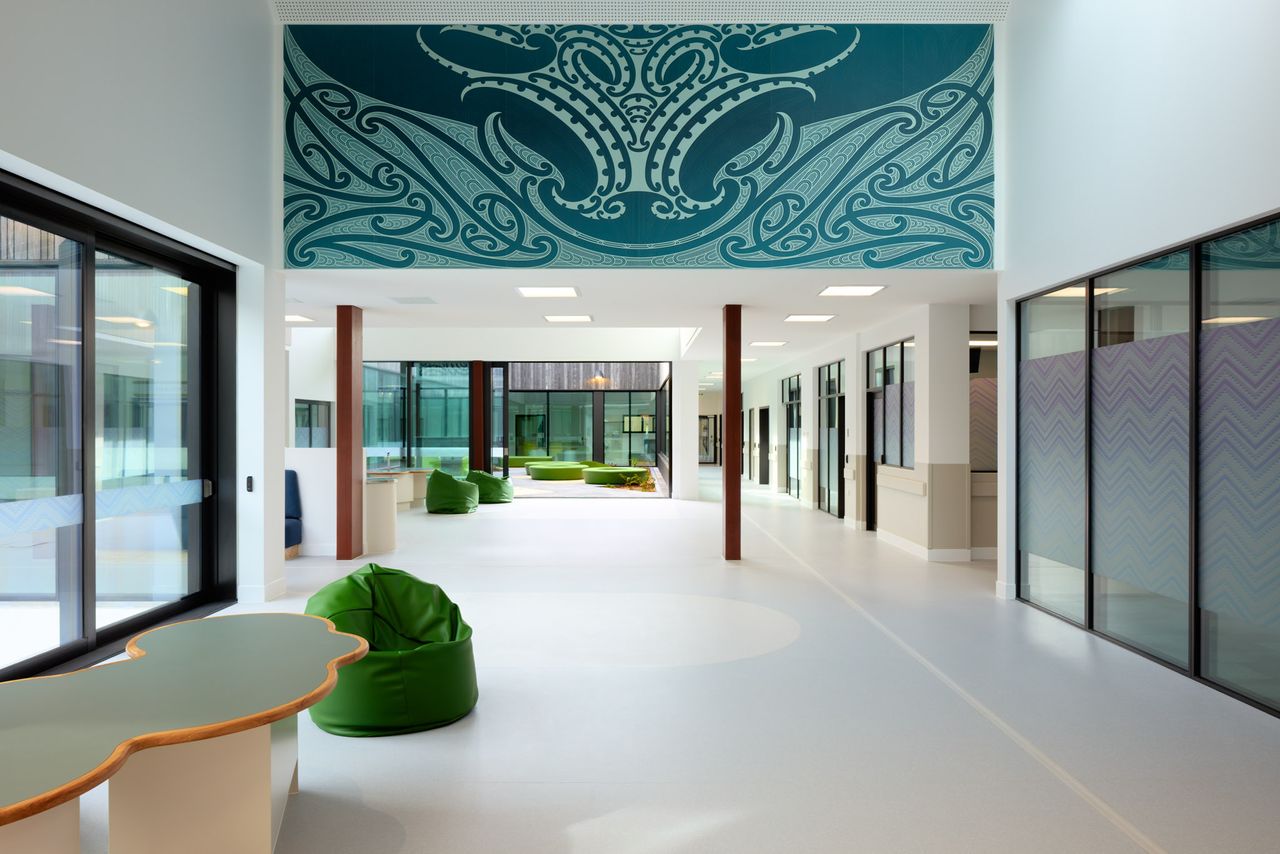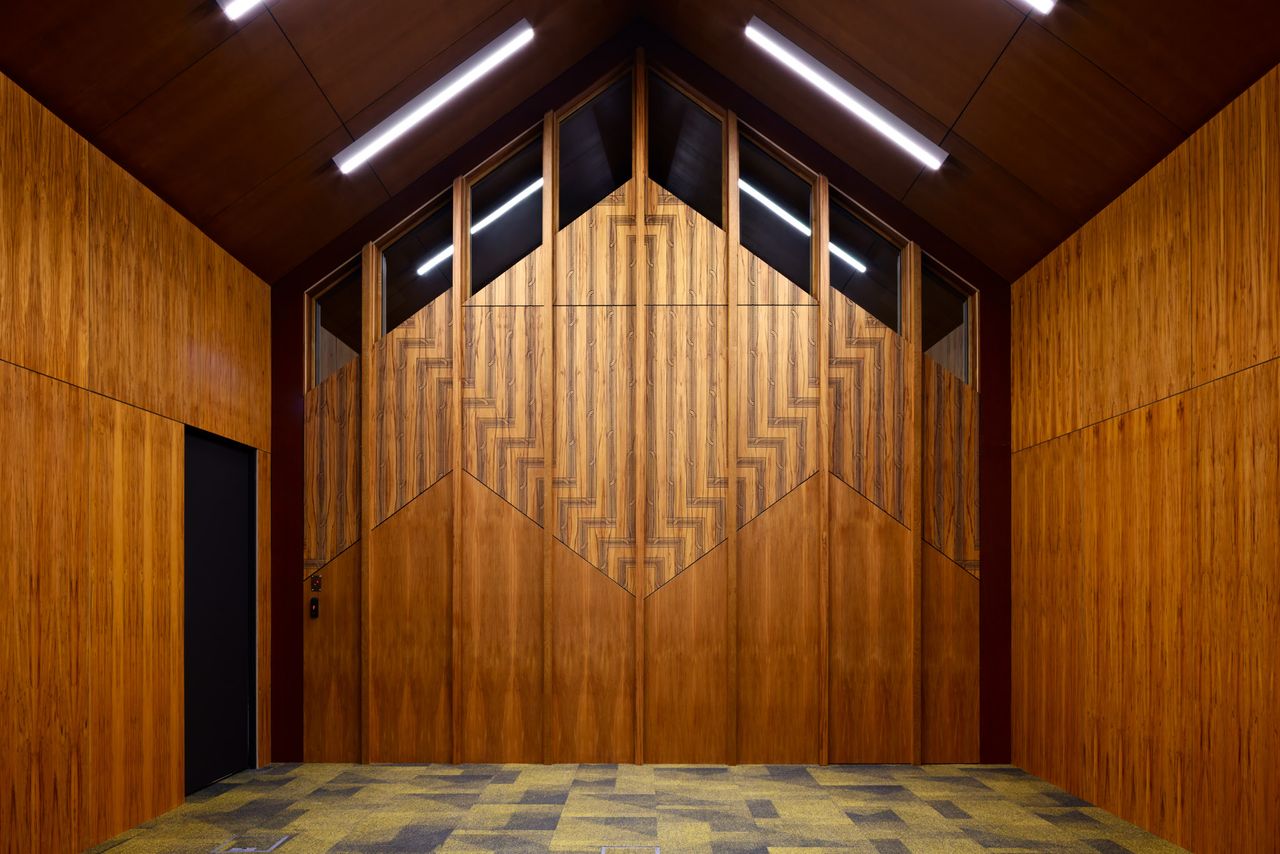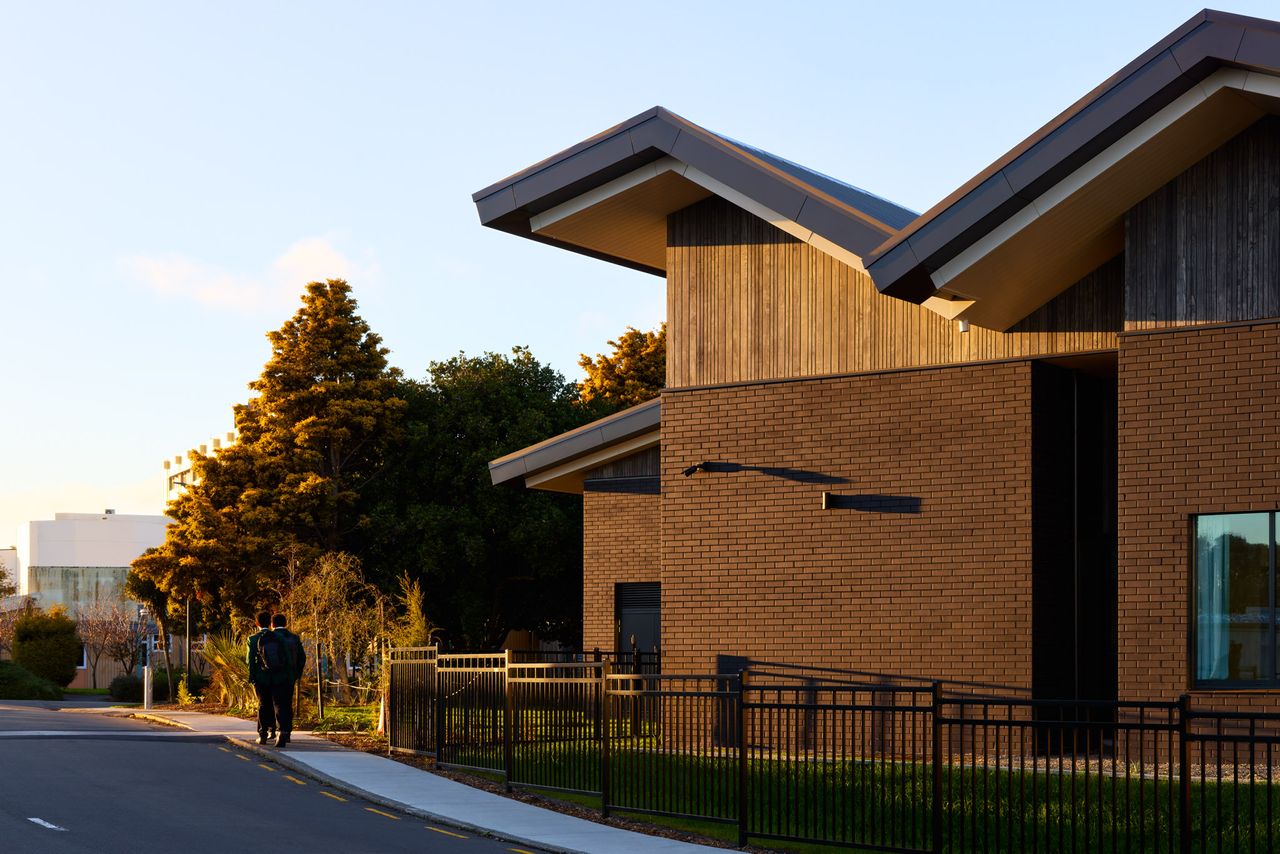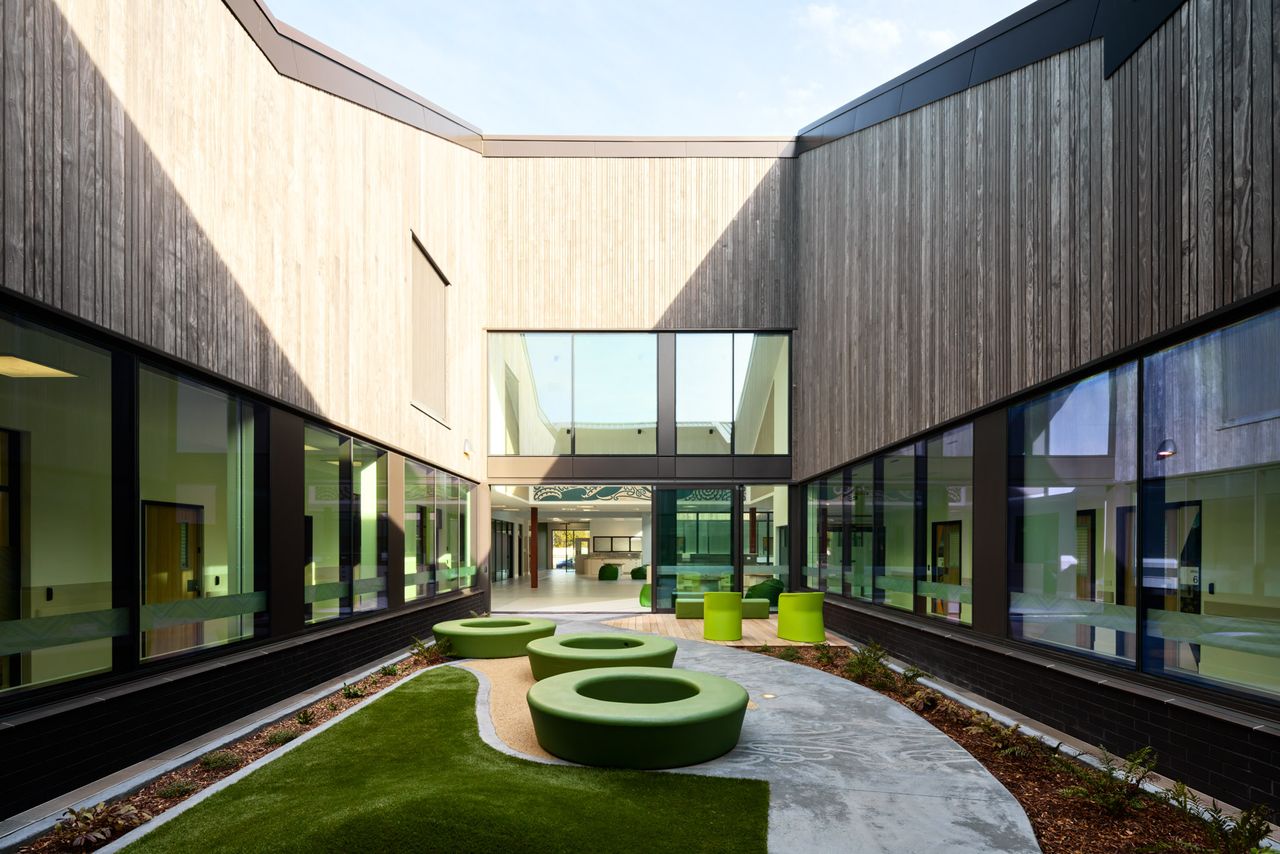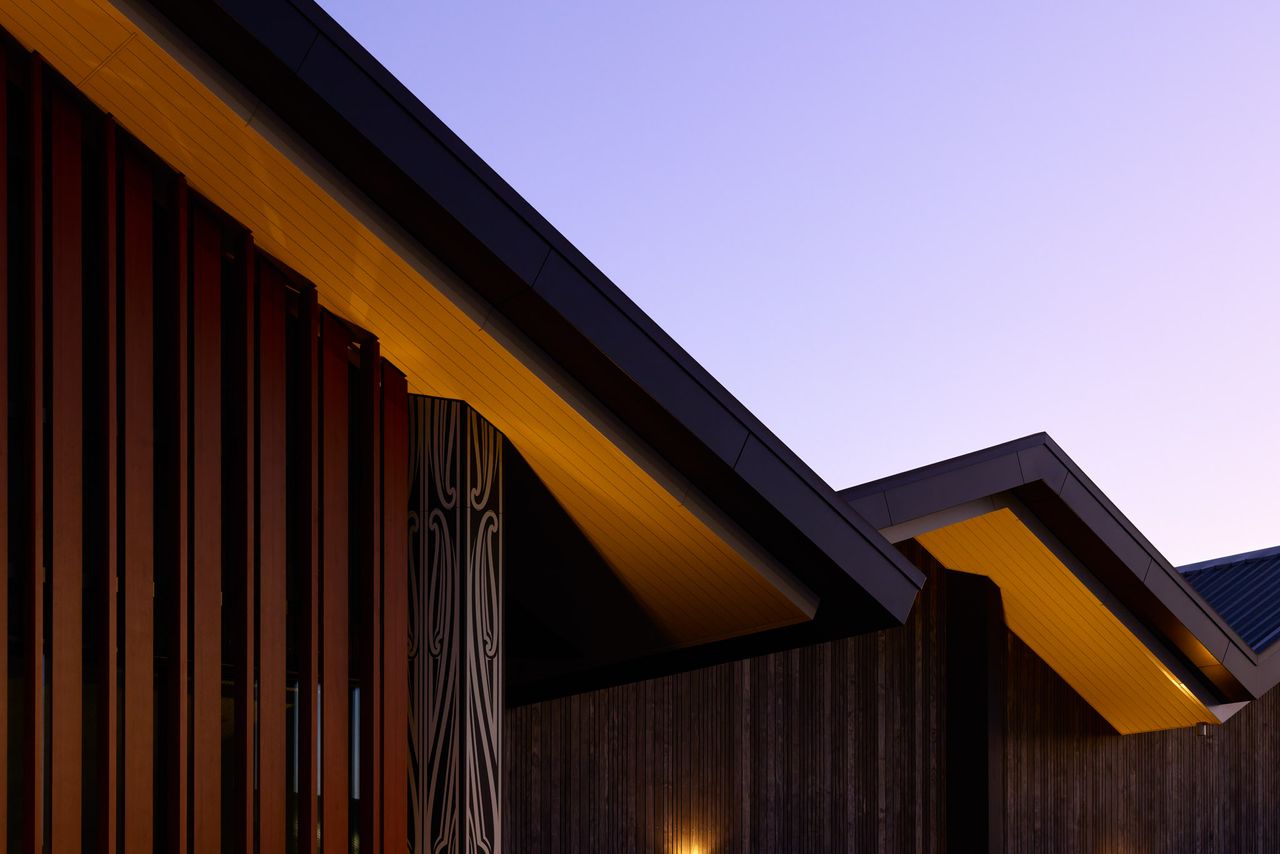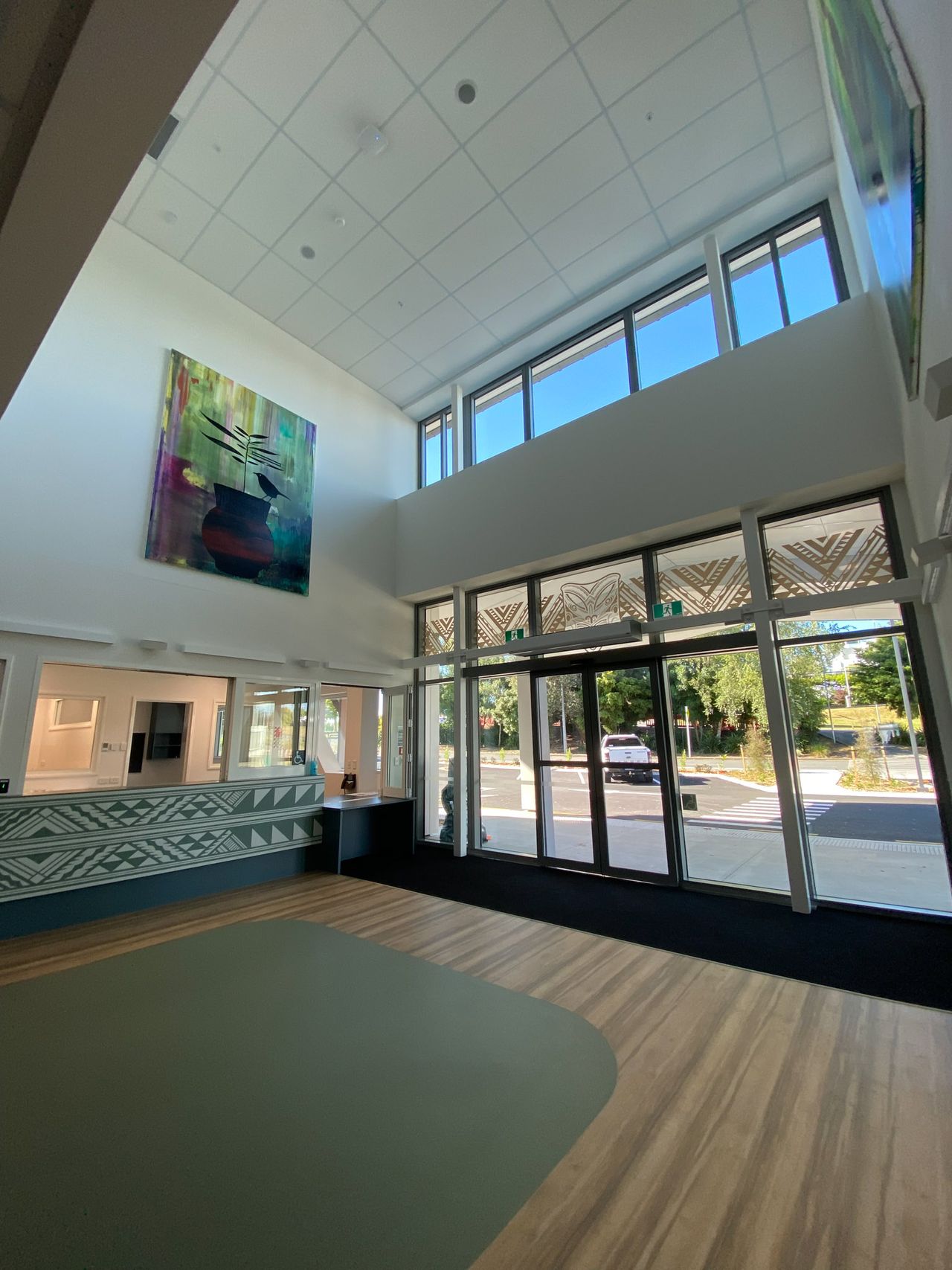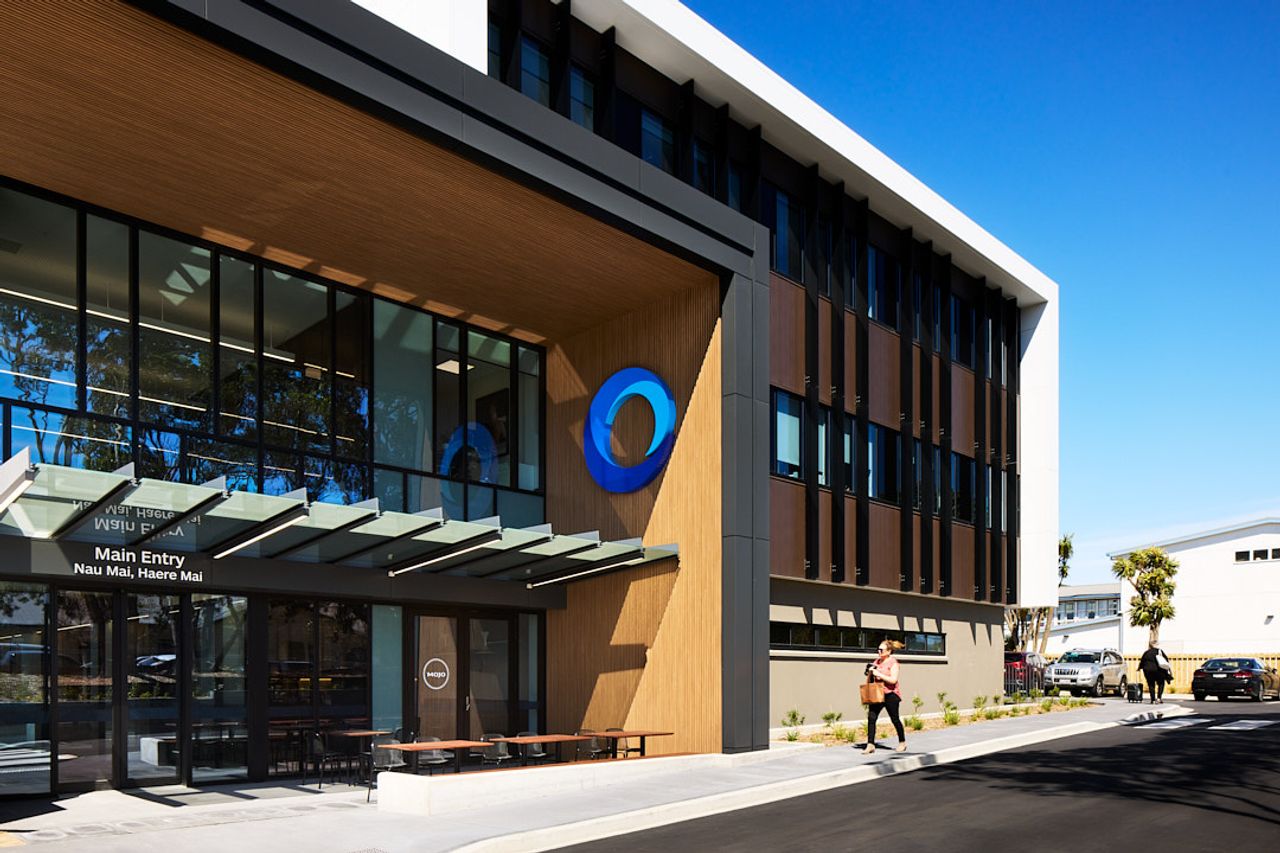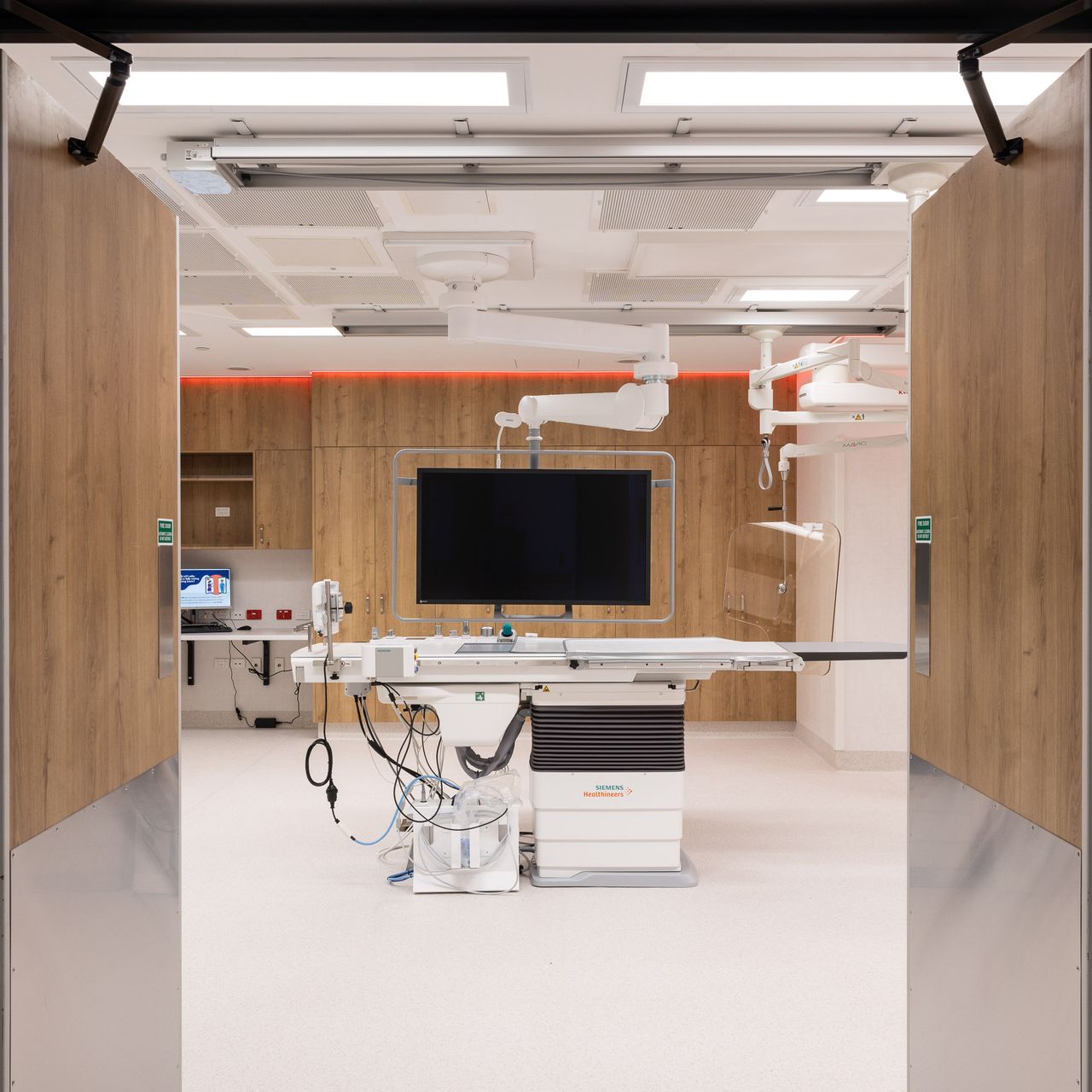Projects
Palmerston North Acute Mental Health Unit
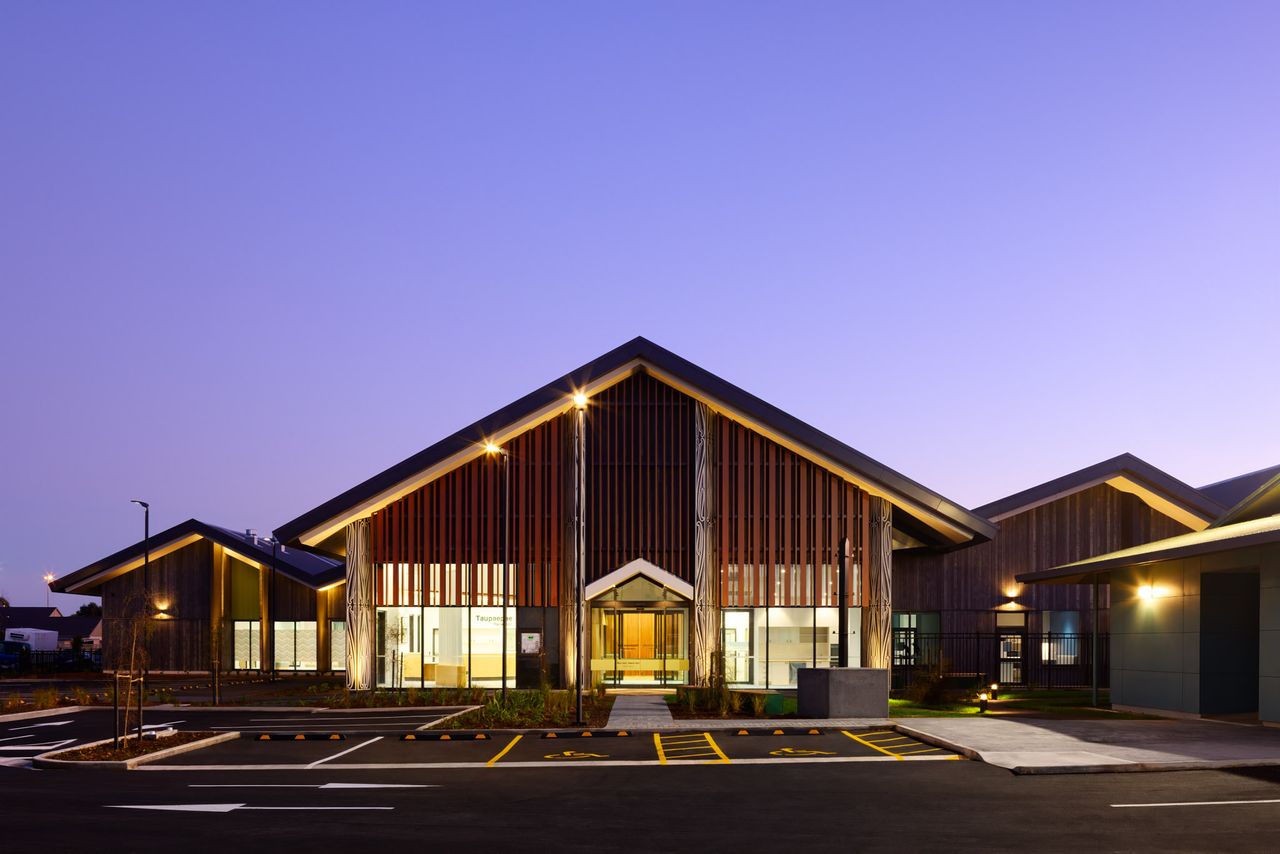
Driven by the need to create a modern space that meets the critical demands of mental health services, the Palmerston North Acute Mental Health Unit replaces an outdated facility with a purpose-built unit that prioritises safety, comfort, and well-being. With expanded capacity and carefully considered design features, the new facility aims to set a new standard for acute mental health care that balances clinical functionality with a therapeutic and culturally focused environment.
RCP supported the project from design through to handover, providing client representation, design and construction management, contract administration, and support post-completion for operational readiness.
The new unit will provide 28 single-room beds. Rooms include en-suite bathrooms, anti-ligature fixtures, storage shelves, USB charging ports, and workspaces to reduce environmental triggers. The layout allows for a future expansion to 36 beds and includes:
3 high-care beds
3 flexi beds (acute or high care as needed)
4 short-stay beds
18 acute needs beds
Special attention was given to the details throughout the project to ensure the medical and operations staff were receiving a safe and state-of-the-art facility. The facility includes several unique features reflecting this, such as individualised water control, real time location for staff in distress and specialised areas with upgraded mechanical systems zoned for infection control. Other key features include four internal courtyards allowing natural light to flood the building, after-hours crisis resolution services, secure ambulance access at the rear, spacious staff and visitor car park and a covered linkway to the rest of the hospital campus.
The roofline of the building is shaped by the Ruahine, Tararua, and Remutaka mountain ranges, and the facility incorporates cultural artwork and narratives developed in collaboration with Rangitāne iwi, ensuring the space reflects the identity and values of the local community.
RCP's experience in mental health facilities allowed the team to identify potential issues early in the design phase. By constructing a detailed sample room, all stakeholders could evaluate and approve the functionality of the design before full-scale construction began. Additionally, the innovative design of an internal plantroom mezzanine ensures that all maintenance can be conducted within the ceiling space, eliminating the need for service personnel entering patient areas while they are occupied. Value engineering and early contractor involvement led to more than $2 million in cost savings without compromising the design intent.
The facility combines safe design, cultural grounding, and clinical functionality in an environment that supports both recovery and dignity for patients, and efficient delivery of care by staff. RCP are proud to have been a part of such an important project which takes care of some of our most vulnerable people.
